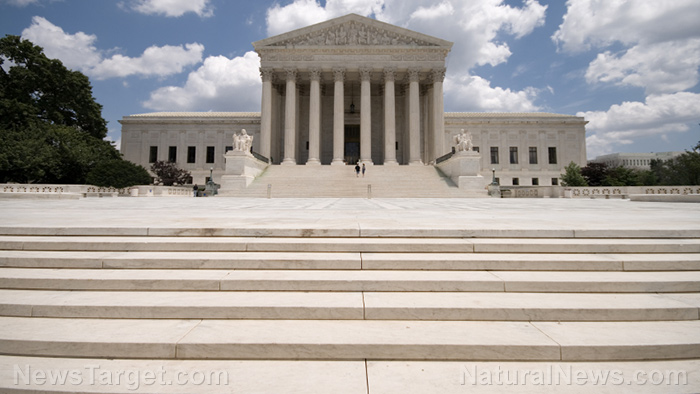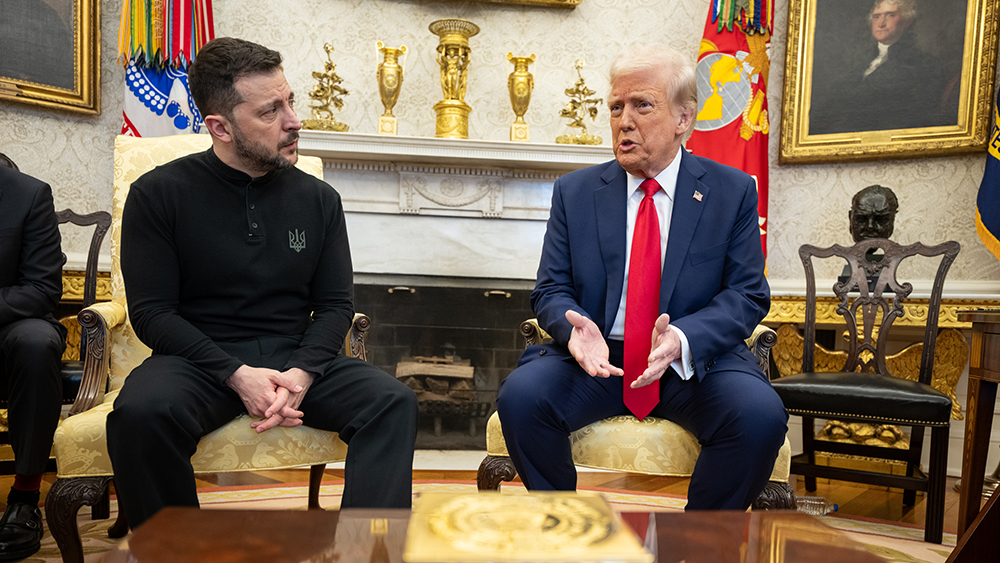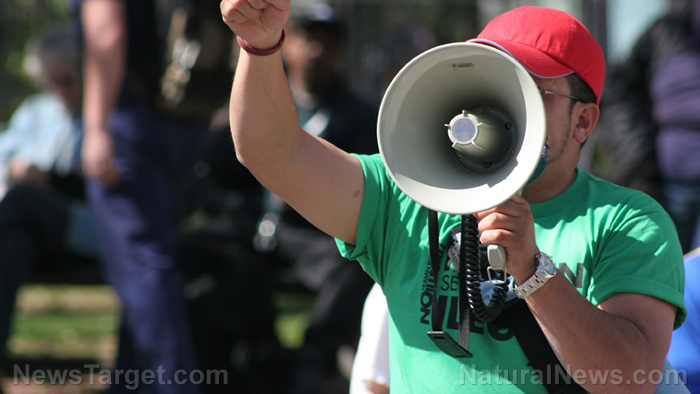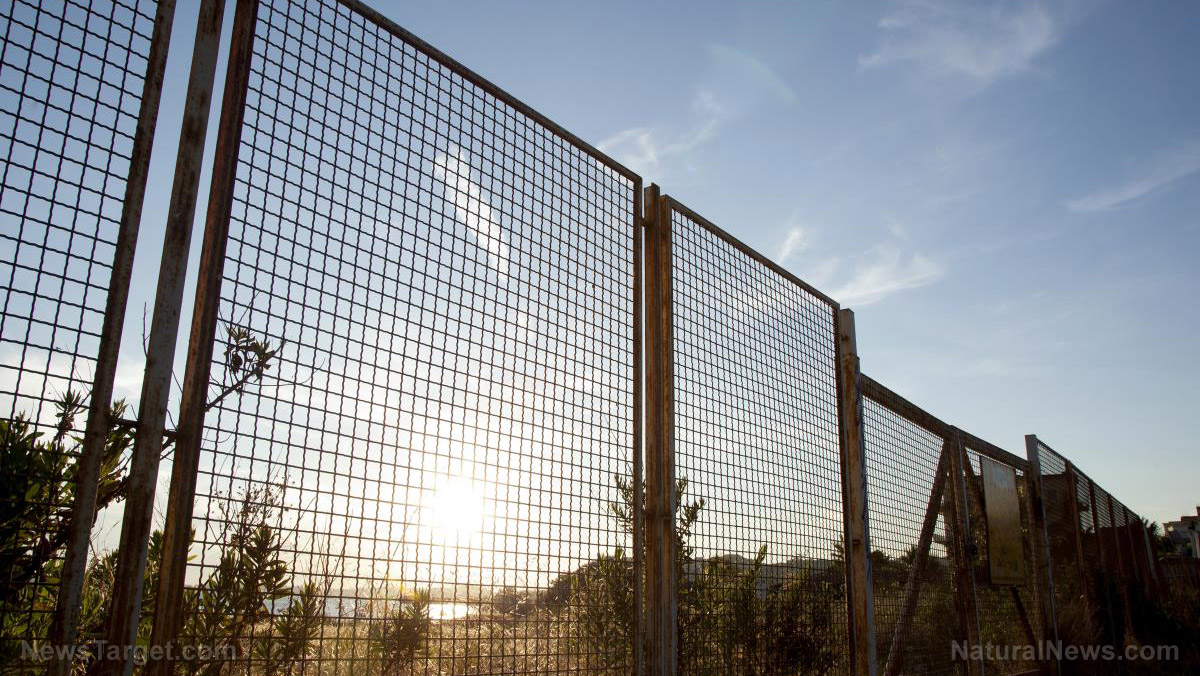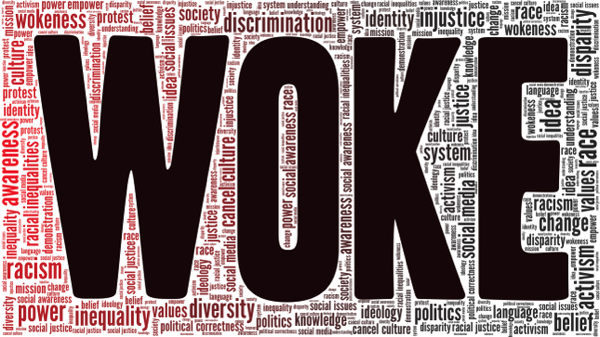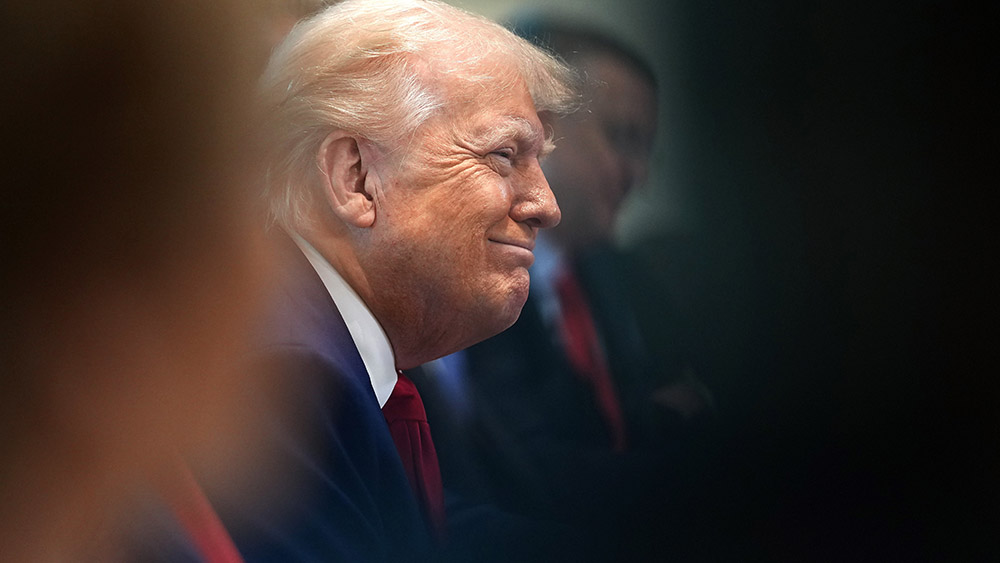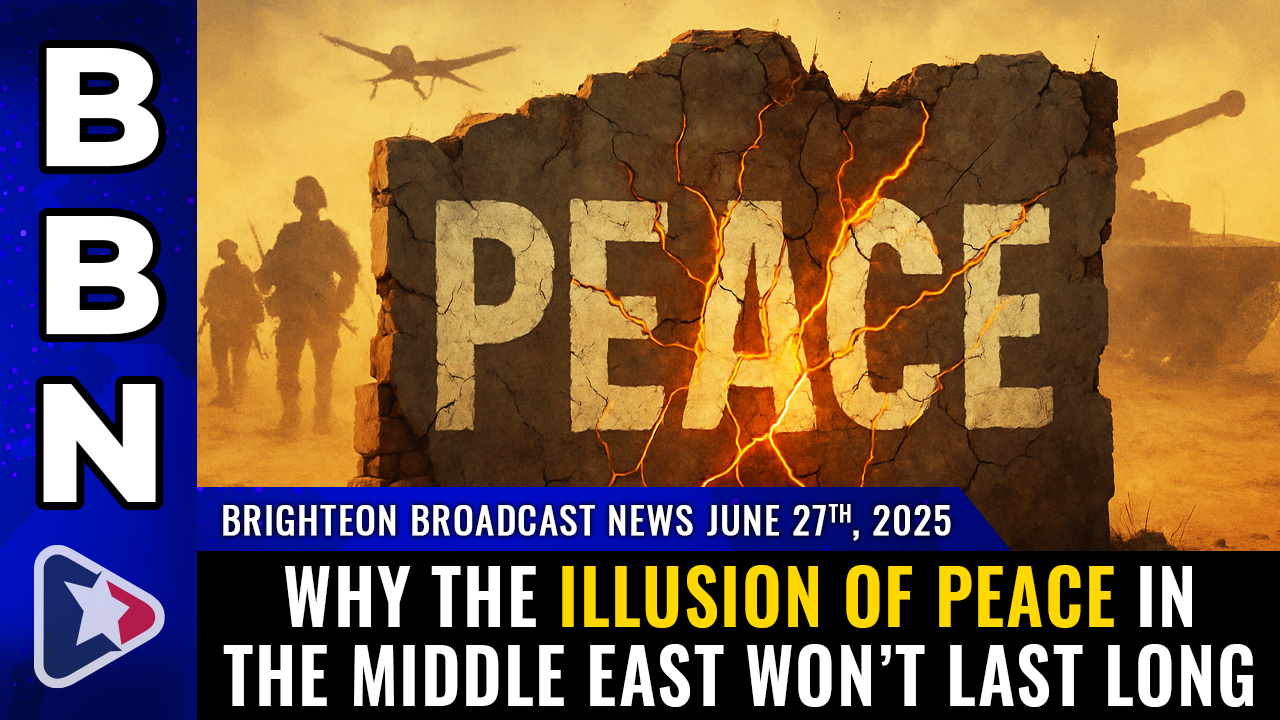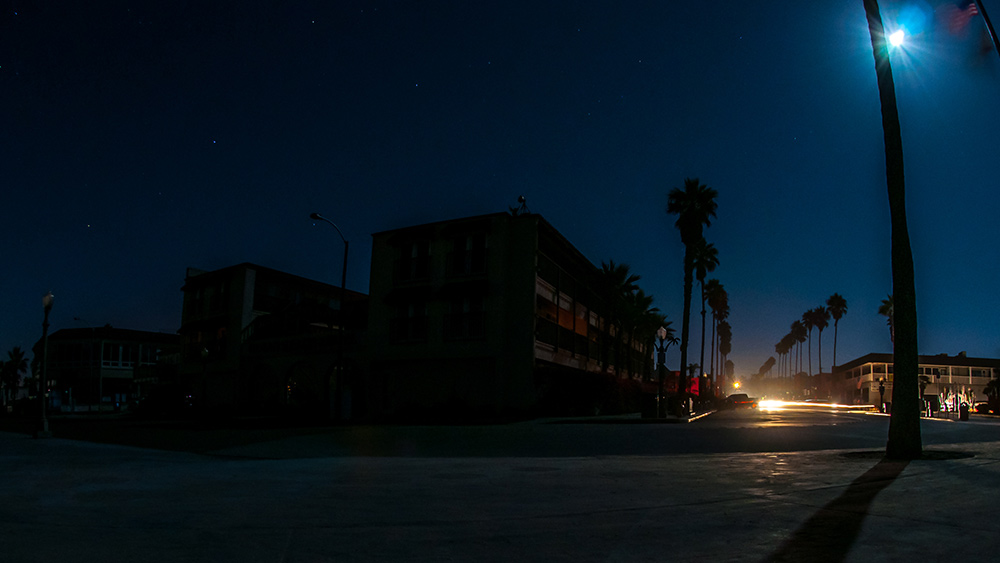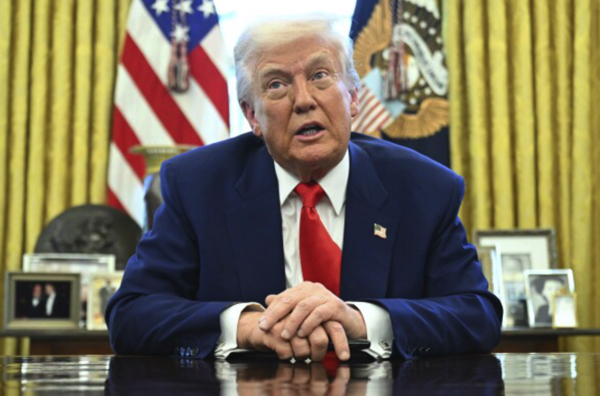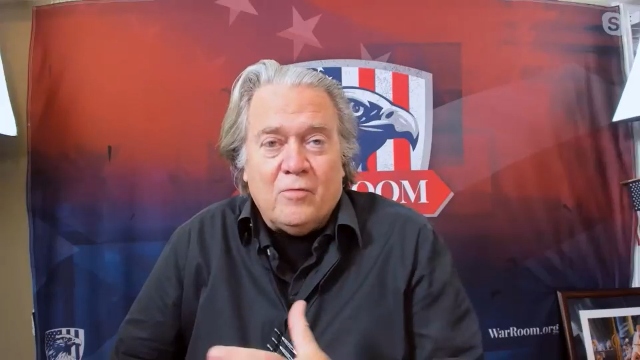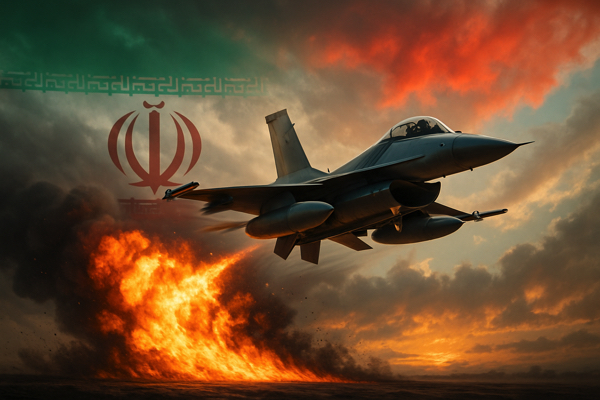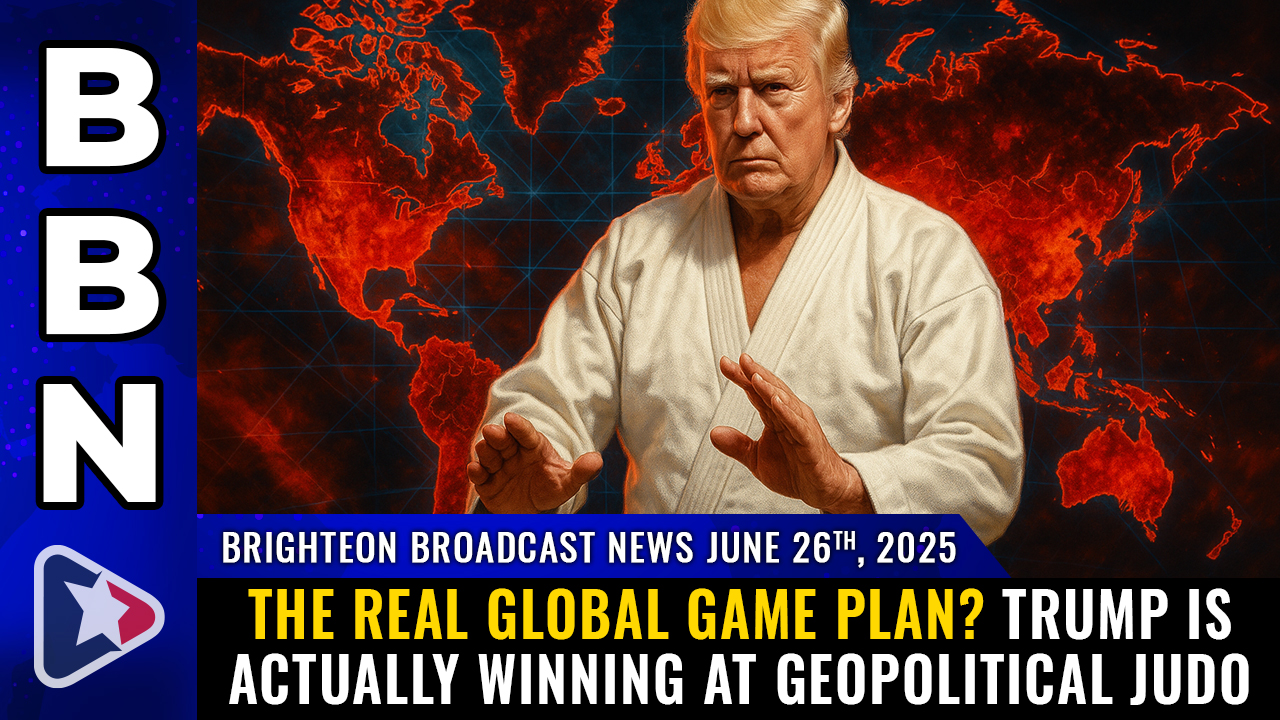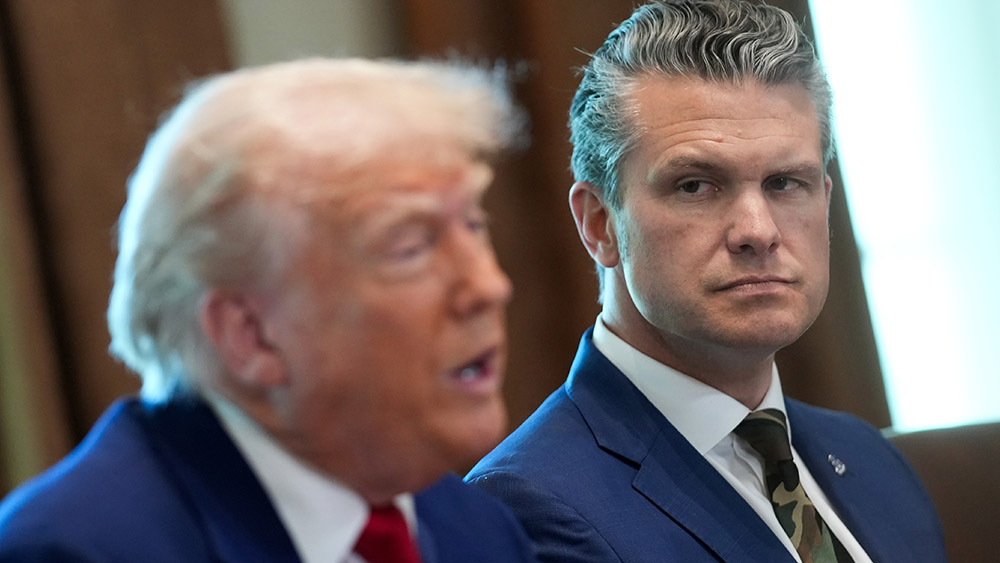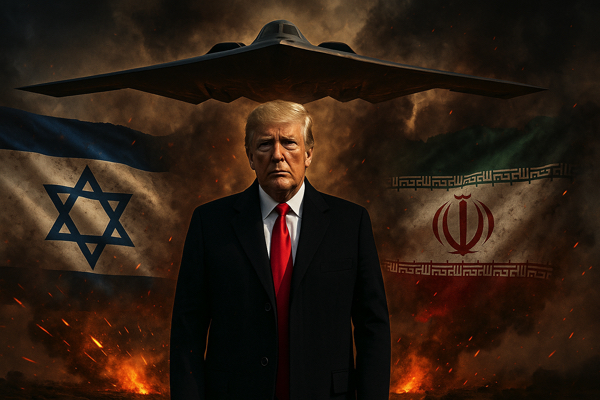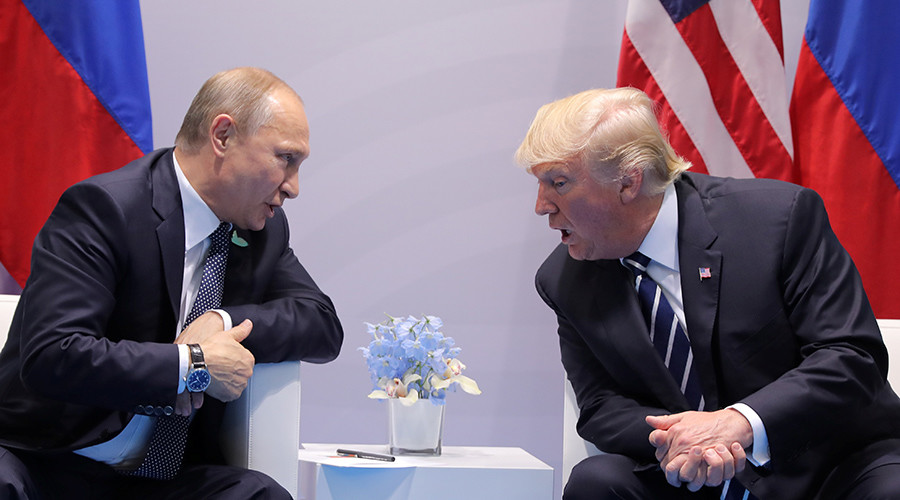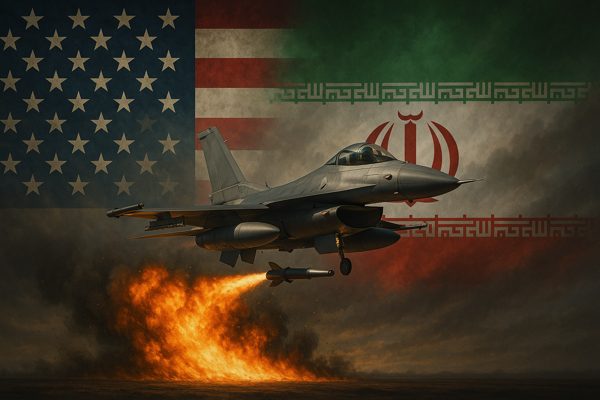Ceasefire in name only: Israel-Iran conflict far from over despite pause in hostilities
06/26/2025 / By Finn Heartley
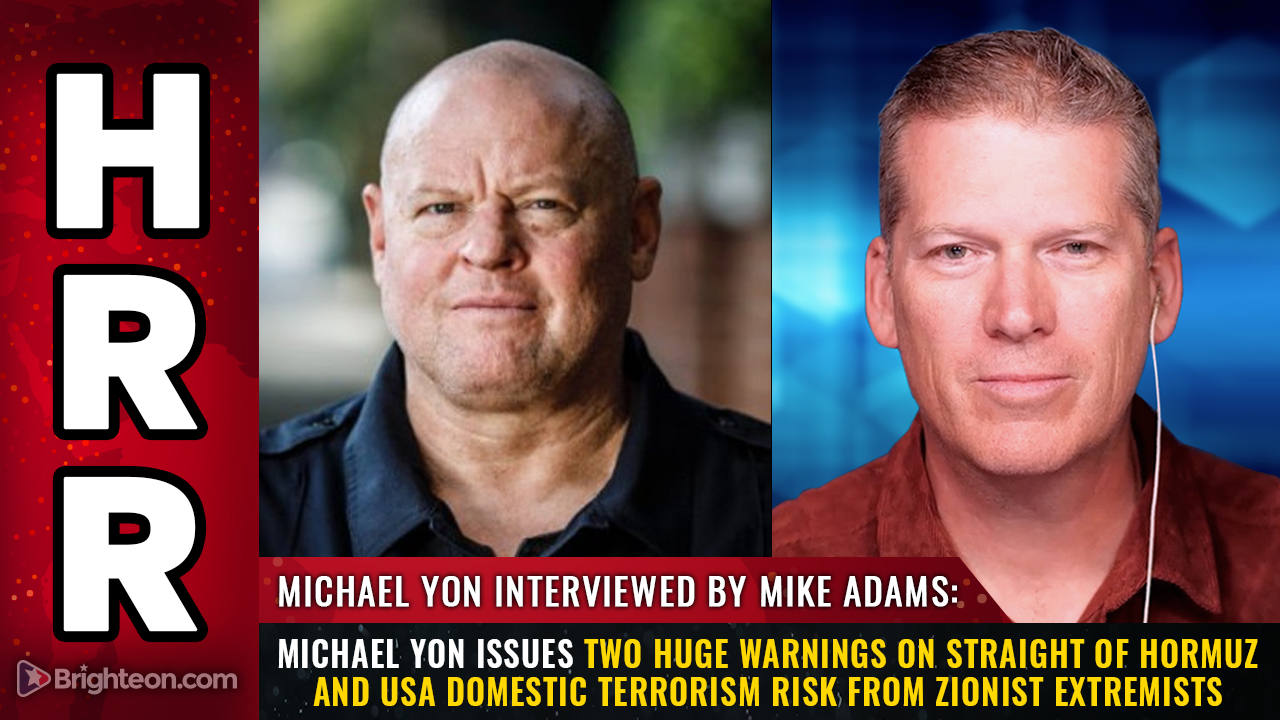
- Fragile pause, not peace: The Israel-Iran ceasefire is tactical, not binding, with both sides regrouping and rearming. Experts warn hostilities will resume, as Iran hasn’t formally agreed to halt attacks.
- Israel’s vulnerabilities exposed: Iranian strikes revealed weaknesses in Israel’s Iron Dome and targeted infrastructure, sparking mass exodus and eroding public trust in Netanyahu’s leadership.
- Iran’s patience as strategy: Tehran refuses a formal ceasefire, leveraging missile capabilities for attrition. Strikes on desalination plants could trigger humanitarian crises, while alliances with China/Russia loom.
- Rising global backlash: Israel faces growing dissent, even from U.S. Jews, as accusations of apartheid mount. Far-right movements abroad align with Netanyahu’s ethnonationalist policies.
- Cycle of violence continues: With no peace process, the pause is temporary. Analysts predict deadlier escalation, emphasizing dismantling apartheid as the only long-term solution to stop repeated wars.
A temporary lull in hostilities between Israel and Iran is merely a strategic pause in a broader conflict, experts warn, with both sides regrouping and rearming for renewed strikes. The so-called “ceasefire” brokered through backchannel communications is already showing cracks, as Iran has not formally agreed to halt attacks, and Israel remains under mounting domestic pressure due to deteriorating infrastructure and mass exodus of citizens.
A Fragile De-escalation
The recent pause in hostilities between Israel and Iran was facilitated via indirect talks, with neither side committing to a binding agreement. Analysts describe this as a tactical timeout rather than a lasting peace, with both nations preparing for the next phase of confrontation.
“This ceasefire doesn’t mean the war is over—it just means round one is done,” said military strategist Michael Yon in a recent interview. “Both sides are catching their breath, rearming, and assessing damage.”
Iranian missiles have already demonstrated a terrifying effectiveness against Israeli defenses, exposing critical vulnerabilities in the Iron Dome system. Strikes targeting power plants and desalination facilities indicate Tehran’s shift toward crippling Israel’s infrastructure rather than engaging in purely military exchanges.
Israel’s Existential Crisis
Israel faces unprecedented internal destabilization as tens of thousands flee the country. Reports indicate that neighborhoods like Tel Aviv, once considered secure, are now viewed as unsafe due to Iran’s precision strikes. The Netanyahu government, struggling to restore confidence, has faced criticism from citizens who accuse leadership of recklessness.
“Israelis are realizing their Disneyland is gone,” Yon remarked. “The illusion of safety under the Iron Dome is shattered.”
With Netanyahu’s far-right coalition pushing for indefinite occupation policies, dissent is growing—even among traditionally supportive American Jews. Acknowledgment of Israel as an “apartheid state” by groups like B’Tselem, Amnesty International, and even progressive Zionist voices has further eroded international backing.
Iran’s Strategic Patience
While Israel begged for de-escalation, Iran has refused to formally commit to any ceasefire. Analysts suggest Tehran is leveraging its newfound missile capabilities to drag out the conflict, forcing Israel into a protracted war of attrition.
“If Iran decides to resume strikes, Israel could see entire cities paralyzed,” said geopolitical analyst Andrew Feinstein. “The targeting of desalination plants alone could trigger a humanitarian disaster.”
Economic warfare is also in play. Reports indicate Iran may collaborate with allies—including China, Russia, and Pakistan—to counter any blockade of the Strait of Hormuz, though experts caution that unilateral closure by the U.S. or Israel remains a possibility.
The Specter of Wider War
Beyond direct hostilities, the conflict risks spiraling into broader regional instability. Israel’s arms industry, which markets “battle-tested” weapons from occupied Palestinian territories, faces scrutiny as global opinion turns against its tactics. Meanwhile, far-right movements in Europe and the U.S. increasingly embrace Israel’s ethnonationalist model, aligning with its hardline stance against Islamist groups.
“The future belongs to authoritarian capitalism, not liberal democracy,” warned journalist Peter Beinart, echoing Netanyahu’s vision of indefinite occupation.
With no genuine peace process in sight, the pause in fighting may prove fleeting—leaving civilians on both sides trapped in an ever-deepening cycle of violence.
Conclusion: A Ceasefire Doomed to Fail
History shows Israel rarely respects ceasefires, and Iran has little incentive to halt strikes while Israel remains vulnerable. The conflict is far from over—it has merely entered a brief intermission before the next, potentially deadlier, stage.
“The only real solution is dismantling apartheid,” said Palestinian journalist Mohammed El-Kurd. “Otherwise, this war will keep reigniting forever.”
As both sides rearm and recalibrate, the world watches anxiously—knowing the next explosion could come at any moment.
Watch the full episode of the “Health Ranger Report” with Mike Adams, the Health Ranger, and Michael Yon as they issue critical warnings about the Strait of Hormuz and the threat of US domestic terrorism from Zionist extremists.
This video is from the Health Ranger Report channel on Brighteon.com.
More related stories:
Tensions escalate as Iran threatens to close the Strait of Hormuz
Global catastrophe looms: Zionist-driven war on Iran could trigger WWIII
Sources include:
Submit a correction >>
Tagged Under:
administration, big government; bloated government; federal government; regulations; bureaucracy, blockade, closure, Collapse, conflict, crypto, economic riot, Foreign policy, geopolitics, Iran, LNG, Middle East, new energy report, nuclear, nuclear sites, Polymarket, President Trump, Russia, Strait of Hormuz, supply chain warning, Trump administration, War, weapons technology, Western sanctions, White House, World War 3, ww3
This article may contain statements that reflect the opinion of the author
RECENT NEWS & ARTICLES
COPYRIGHT © 2017 WHITE HOUSE NEWS


